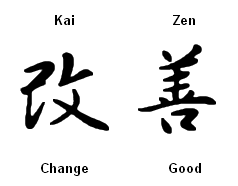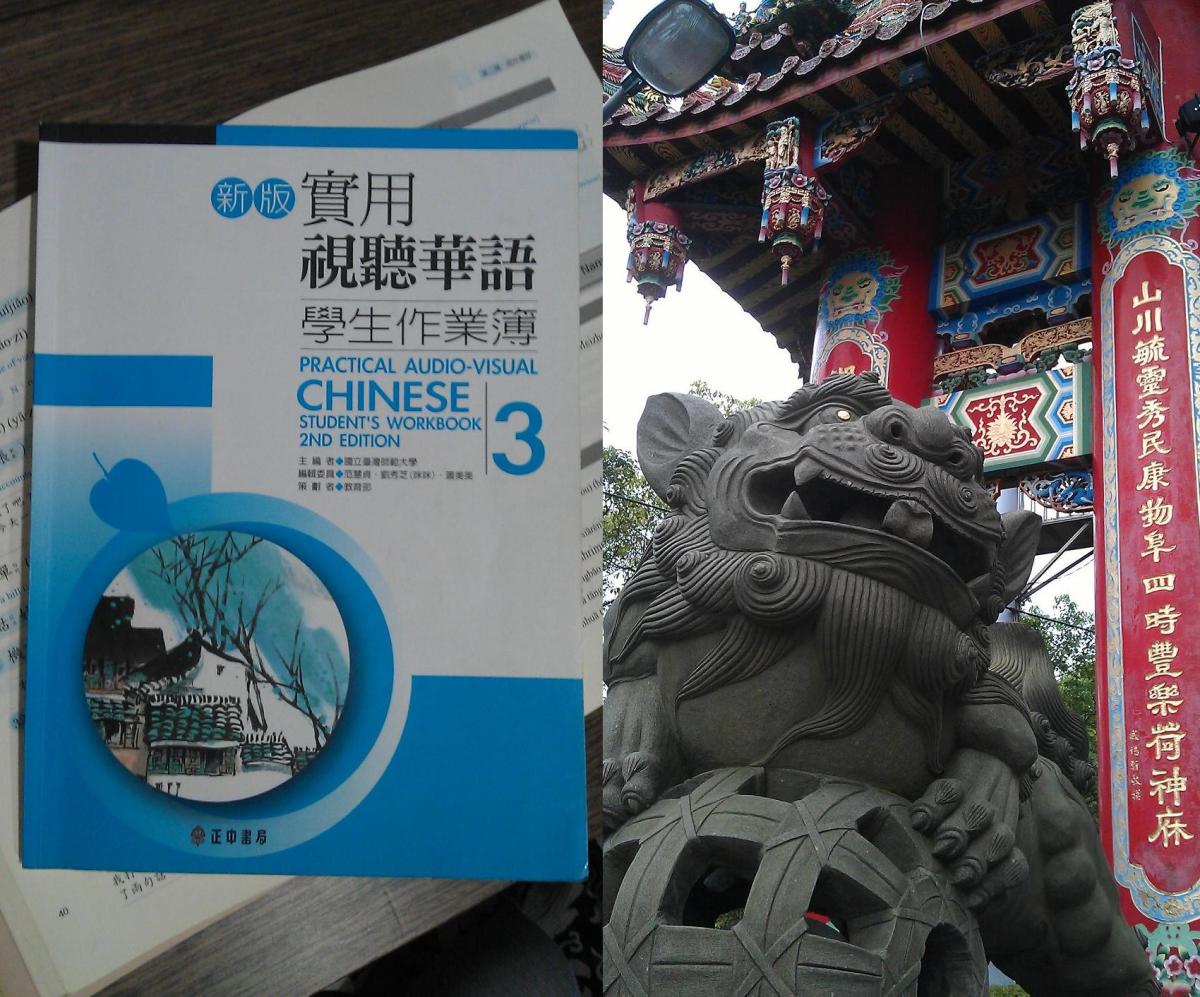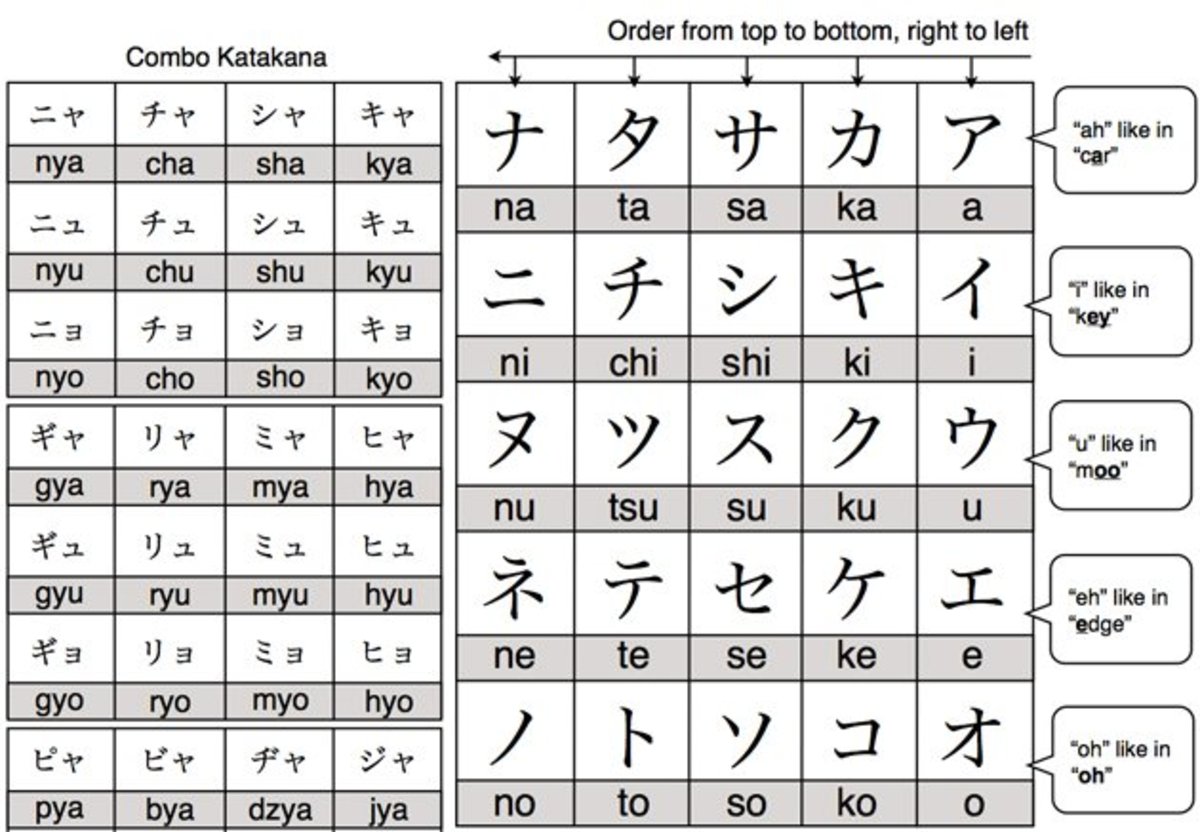Human English to Japanese Translation

The English to Japanese translated result maybe grammatically correct however it will read strange and very unprofessional to a native Japanese speaker. This is why human translation is a must.
Sentence structure in Japanese is completely different to English and even though there are grammar rules they don't apply or work the same way as groups of western languages do such as English, French, Spanish, German, Italian etc.
In order to translate English to Japanese, one needs to not only read the sentence but mental assess the situation and think about how to same thing can be relayed in Japan regardless of any grammar rules that were present in the original English sentence. Due to cultural differences, there are many words or phrases that simply don't exist one either of the language.
For e.g. in English "See you" could be translated in Japanese as "Mata ne" meaning see you soon (later), or Sayonara - meaning it is not know when or if we will meet again.
Differences in culture
Japanese has many phrases that simply don't exist in English which are needed in formal writing. Automatic translators will not add these. Without these phrases, your Japanese may seems rude, offensive or even unprofessional.
E.g. in Japanese "Itsu mo o sewa ni natte orimasu" will go at the beginning of a Formal Email, meaning "It's a pleasure always doing business with you" - in a round about way.
The Email may typically end with "Dozo Yoroshiku onegai itashimasu", which really has no directly equivalent in English, however it is a polite way of asking a favor formally.
Japanese polite grammar often needs to be structured in a way that is not too direct, even if the original English is direct. Japanese politeness involves speaking in a round about manner to get your point across. This is reflected in the verb choices when constructing Japanese sentences. You need to begin a sentence by excusing yourself and then using the polite negative form indirectly asking the favor, which is very different from English.
Japanese Phonetic system
As many may know, Japanese has 3 alphabets. The Kanji which are the borrowed Chinese symbols, the Hiragana for the grammar and the Katakana for the foreign loan words. The correct representation of the Katakana is also important as Japanese English loan words have a slightly different meaning sometimes. e.g. in Japanese English "Hoteru Furonto" or "Hotel Front" actually means the reception, and NOT the physical front of the Hotel. Automatic Japanese to English translators will not pick up on important issues like this.
Many have seen the funny translations at Engrish dot com, these are very bad and often funny automatic Chinese to English translations. The same goes for English to Japanese. The Japanese will find the translations either funny or offensive. This is what you need to avoid.
An automatic translator may often mistake English names for grammar, which will throw everything off. For example English uses famous names for verbs e.g. "Google" means do a search using Google, so "Google" has become a verb. An automatic translator may mistake that for Google IT. Only a human can understand such a difference. There are numerous example of this in Japanese.
When to use automatic translators
For translating Asian languages such as Japanese, Korea or Chinese. You may be able to get away with very small sentences at a time. However stringing many small sentences together can make the resulting paragraph seems unnatural.
Many European languages have similar roots, e.g. Spanish, Italian, Portuguese therefore an automated translation can even sound rather natural. However checking by a native speaker is still recommended.
Even some of the best translator software you can find will have it"s faults. Not being human it can never fully understand the context of a complex sentence.
The best people to assist with translation work are bilingual people. However simply being bilingual doesn't mean you can easily to a translation job. Many bilingual people are not able to accurately express their exact feeling in both languages and convey them in the same way, even though their grammar and pronunciation would be perfect. This is a skill that a good translator needs to have.








